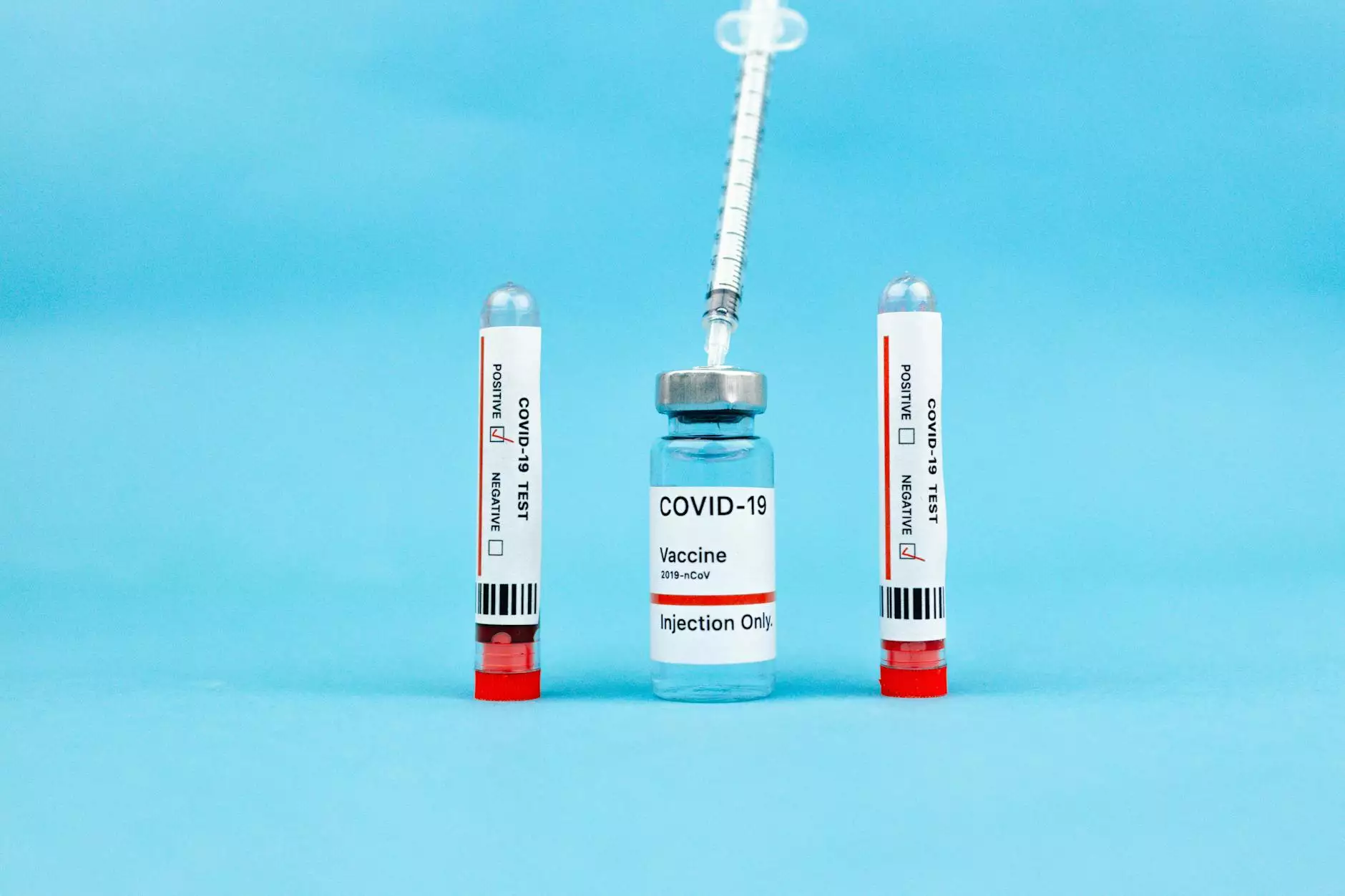Understanding Barcode Scanner Prices: A Comprehensive Guide

In the fast-paced world of business, having the right tools at your disposal is crucial for efficiency and accuracy. One such tool is the barcode scanner. Whether you're managing inventory, processing sales, or keeping track of assets, a barcode scanner can streamline your operations. But before diving into the world of barcode scanners, it's essential to understand barcode scanner price and what influences it.
The Basics of Barcode Scanners
Barcode scanners are devices that read barcodes and convert the information into a format that computers can understand. These tools are integral in various industries, including retail, warehousing, healthcare, and logistics. Their primary function is to enhance accuracy and efficiency by automating the data entry process.
Types of Barcode Scanners
Before we delve into the prices, let’s explore the types of barcode scanners available:
- Handheld Scanners: Portable scanners used widely in retail and warehousing.
- Fixed Mount Scanners: Installed at point-of-sale (POS) terminals or conveyor belts for continuous scanning.
- 2D Imagers: Capable of scanning both 1D and 2D barcodes; ideal for advanced use cases.
- Tabletop Scanners: Designed for easy scanning of products on counters.
Factors Influencing Barcode Scanner Prices
The barcode scanner price can vary significantly based on multiple factors. Understanding these can help businesses make informed purchasing decisions.
1. Type of Scanner
The type of barcode scanner you choose plays a major role in the price. Handheld scanners are generally more affordable than fixed mount or advanced 2D imagers, which tend to offer a broader range of features.
2. Features and Specifications
Barcode scanners with advanced features like Bluetooth connectivity, high-speed scanning, rugged designs for harsh environments, and enhanced data capture capabilities will come with a higher price tag. It’s crucial to assess which features your business genuinely needs versus those that might just be nice to have.
3. Brand and Quality
Top brands that are well-known for their reliability—such as Zebra, Honeywell, and Datalogic—often charge more for their products due to their reputation and quality assurance. In contrast, lesser-known brands may offer lower prices but could compromise on quality and longevity.
4. Volume of Use
If your business relies heavily on barcode scanning, investing in a more durable, high-performance scanner is advisable. High-use environments may require scanners that can withstand drops and spills, which can factor into the price.
5. Additional Costs
When budgeting for a barcode scanner, don’t forget to account for additional costs like software integration, maintenance contracts, and replacement batteries. These can significantly influence the overall investment.
Average Barcode Scanner Prices
Now that we've established the factors affecting barcode scanner prices, let’s look at typical price ranges:
- Basic Handheld Scanners: Ranging from $50 to $200.
- Mid-Range Handheld Scanners: Typically range from $200 to $400, featuring better durability and additional functionalities.
- High-End 2D Imagers: Priced between $400 to $1,200, designed for extensive usage and advanced applications.
- Fixed Mount and Industrial Scanners: These can cost $1,000 to $5,000 depending on their specifications and built quality.
How to Choose the Right Barcode Scanner for Your Business
Selecting the right barcode scanner involves considering several key aspects:
1. Assess Your Needs
Before making any investment, make a detailed assessment of your business requirements. Consider factors like:
- Volume of scans per day.
- Type of barcodes you regularly scan (1D, 2D, QR Codes).
- The environment where the scanner will be used (retail, warehouse, outdoor, etc.).
2. Research Brands and Models
Investigate various brands and their models to find one that fits your needs and budget. Look for user reviews and expert ratings to gauge their performance and reliability.
3. Trial and Testing
If possible, obtain samples or demo units to test. This will give you hands-on experience and help ensure the scanner meets your expectations.
4. Consider Total Cost of Ownership
As mentioned earlier, the upfront cost is just part of the equation. Look into maintenance costs, software upgrades, and potential replacement costs to get a clearer picture of the total investment.
Conclusion
The barcode scanner price is a crucial part of selecting the right tool for your business needs. By understanding the factors influencing prices, assessing your specific requirements, and conducting thorough research, you can make an informed purchase that will enhance your efficiency and accuracy in operations.
At Durafastlabel.ca, we provide a range of barcode scanners tailored to suit various industries. Whether you're looking for entry-level models or high-end solutions, our team can assist you in making the best choice for your business.
Final Thoughts
As technology evolves, keeping up with the right equipment is essential for maintaining competitive advantage. Investing in a quality barcode scanner, with a clear understanding of its price and functionality, can lead to significant operational improvements and cost savings in the long run. Don’t underestimate the impact of this decision on your business's efficiency and productivity.



